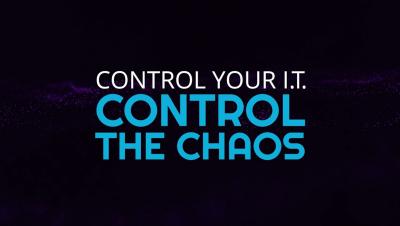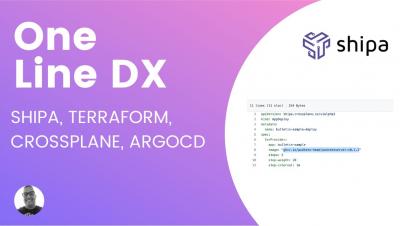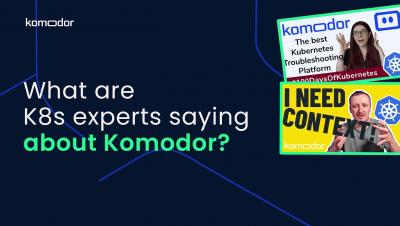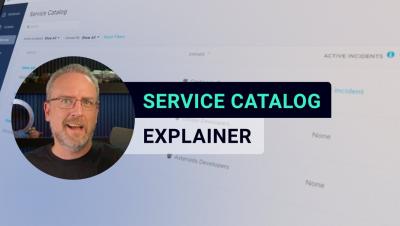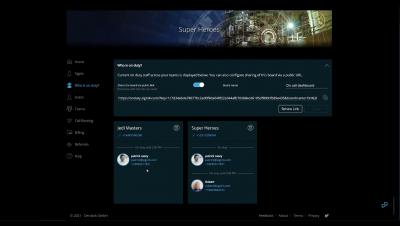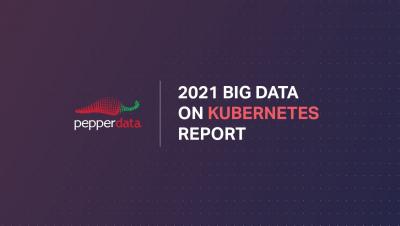Get the Pepperdata 2021 Kubernetes on Big Data report and start your journey of better understanding how your competitors are managing their data with Kubernetes. Cloud vendors have proliferated and promised users optimal performance and tight spend. Still, many of these vendors don't provide visibility into Kubernetes big data, resulting in performance issues, poor resource allocation, overspending, and ineffective tuning. To fully optimize your Kubernetes big data, maximize performance, and reduce spend, you need to step beyond the basic K8s measurements and look at app performance.





